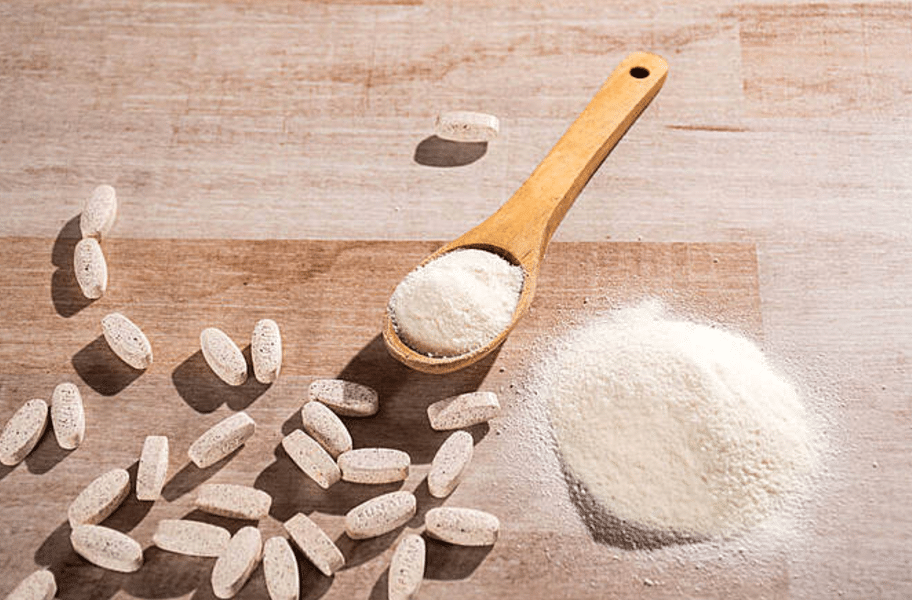What is L-Citrulline ?
What is L-Glutamine ?
L-Citrulline and L-Glutamine are both amino acids, but they serve very different functions in the body. Here’s a breakdown of each and how they compare:
L-Citrulline
- Type: Non-essential amino acid (not directly used to build proteins).
- Primary Function: L-Citrulline is primarily involved in improving nitric oxide production. It’s converted to L-arginine in the kidneys, which then boosts nitric oxide levels. This leads to improved blood flow and vasodilation, which can enhance endurance and muscle pumps during exercise.
- Common Benefits:
- Improved exercise performance: Especially for endurance athletes or people doing resistance training.
- Reduced muscle soreness: By improving blood flow, it helps clear metabolic waste products like lactic acid.
- Cardiovascular health: Increased nitric oxide can lead to improved blood flow and reduced blood pressure.
- Common Uses: Pre-workout supplements for better performance, muscle recovery, and endurance. It’s also used for cardiovascular health.
- Sources: Watermelon, supplements (L-Citrulline malate is a popular form).
L-Glutamine
- Type: Conditionally essential amino acid (meaning, it is typically produced by the body but may need to be supplemented under certain conditions like intense training or illness).
- Primary Function: L-Glutamine is involved in protein synthesis and immune function. It plays a significant role in muscle recovery, gut health, and immune system support. During periods of stress (like intense training or illness), the body’s demand for glutamine can exceed its production capacity.
- Common Benefits:
- Muscle recovery: Helps prevent muscle breakdown and aids in recovery post-exercise.
- Immune system support: Acts as a fuel source for immune cells, which is especially important during periods of stress.
- Gut health: Supports the intestinal lining and helps maintain gut integrity, which can be beneficial in preventing leaky gut and aiding digestion.
- Common Uses: Post-workout recovery, immune support, gut health (especially in cases of IBS or leaky gut).
- Sources: Meat, fish, eggs, dairy, beans, legumes, and glutamine supplements.
Key Differences:
- Function: L-Citrulline is mainly used to enhance exercise performance through better blood flow and nitric oxide production, while L-Glutamine is more focused on muscle recovery, immune function, and gut health.
- When to Take: L-Citrulline is best taken before workouts to improve performance, while L-Glutamine is generally taken post-workout or throughout the day for recovery.
- Synergy: They can be complementary in certain contexts, like improving overall performance (Citrulline for pumps and endurance) and supporting recovery (Glutamine for muscle repair and immune support).
In summary, if your primary goal is improving exercise performance, L-Citrulline might be the better choice. If you’re focused on muscle recovery and gut health, L-Glutamine is a strong option. Many athletes and fitness enthusiasts use both for complementary benefits.




